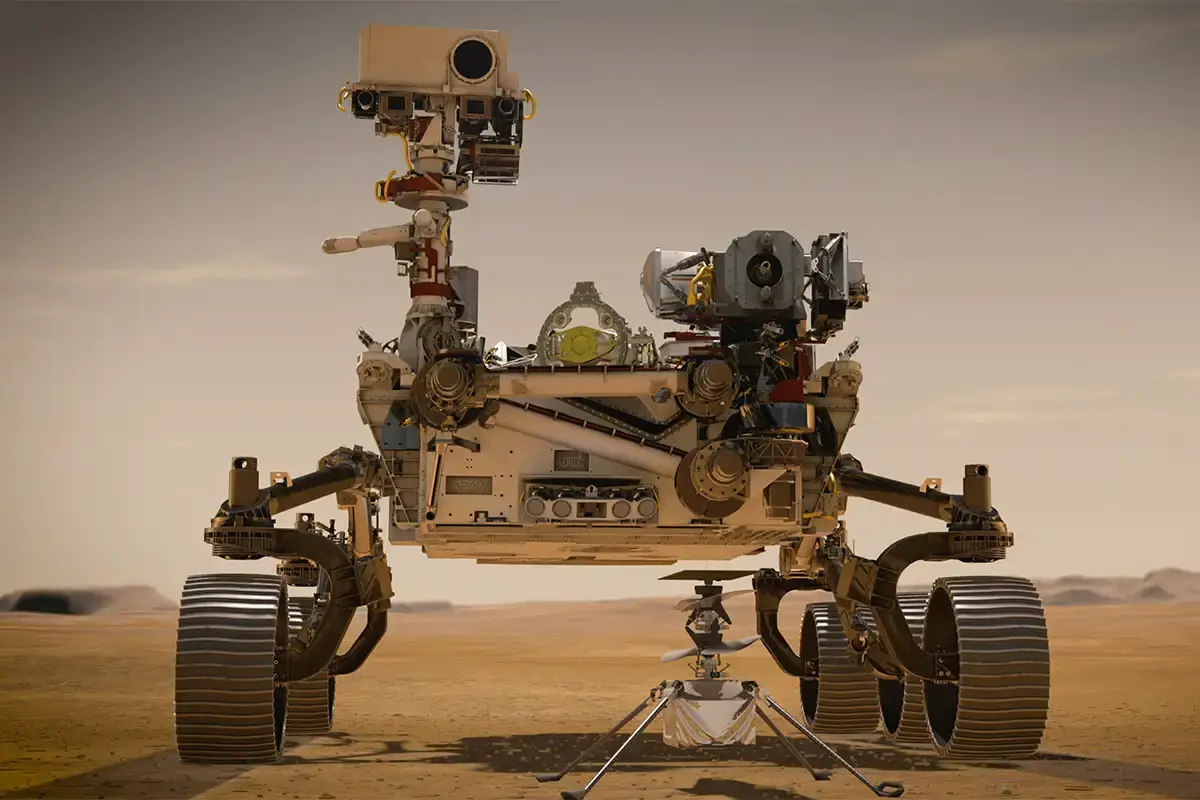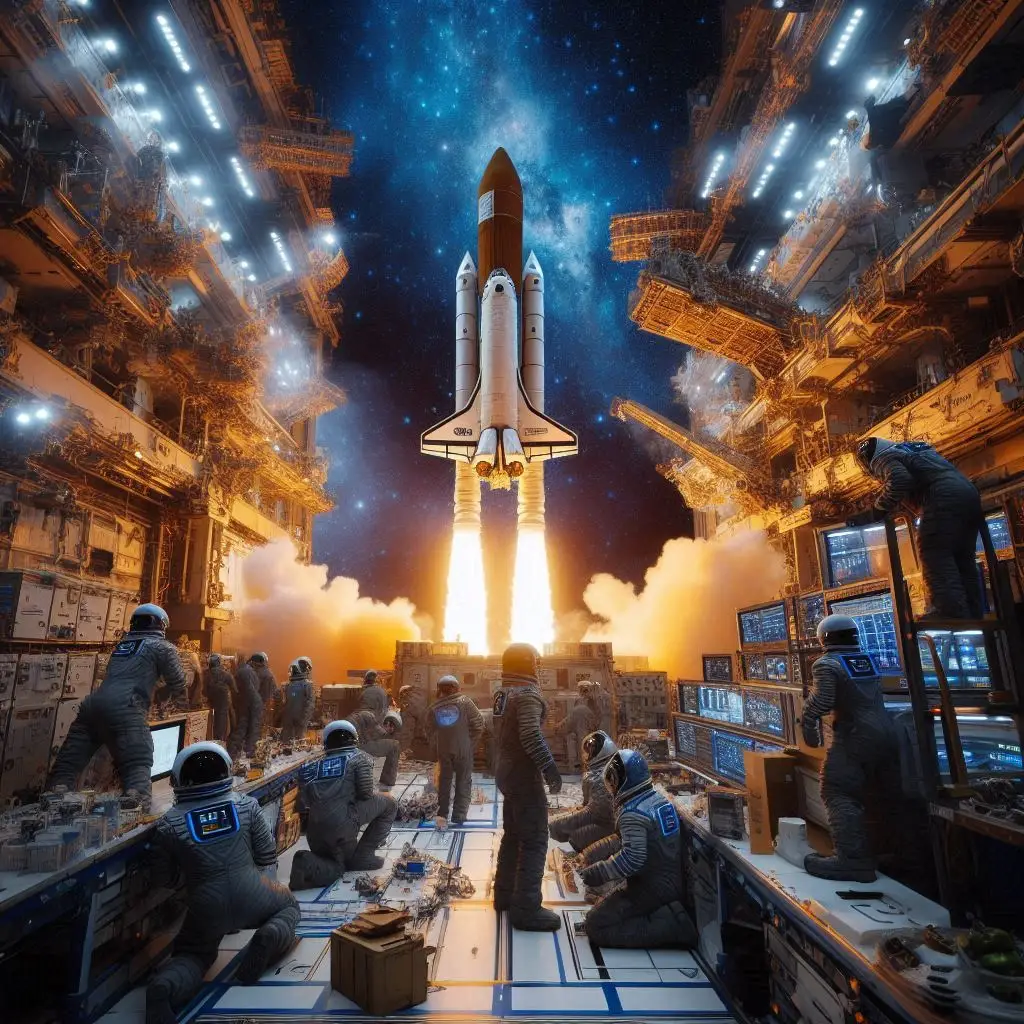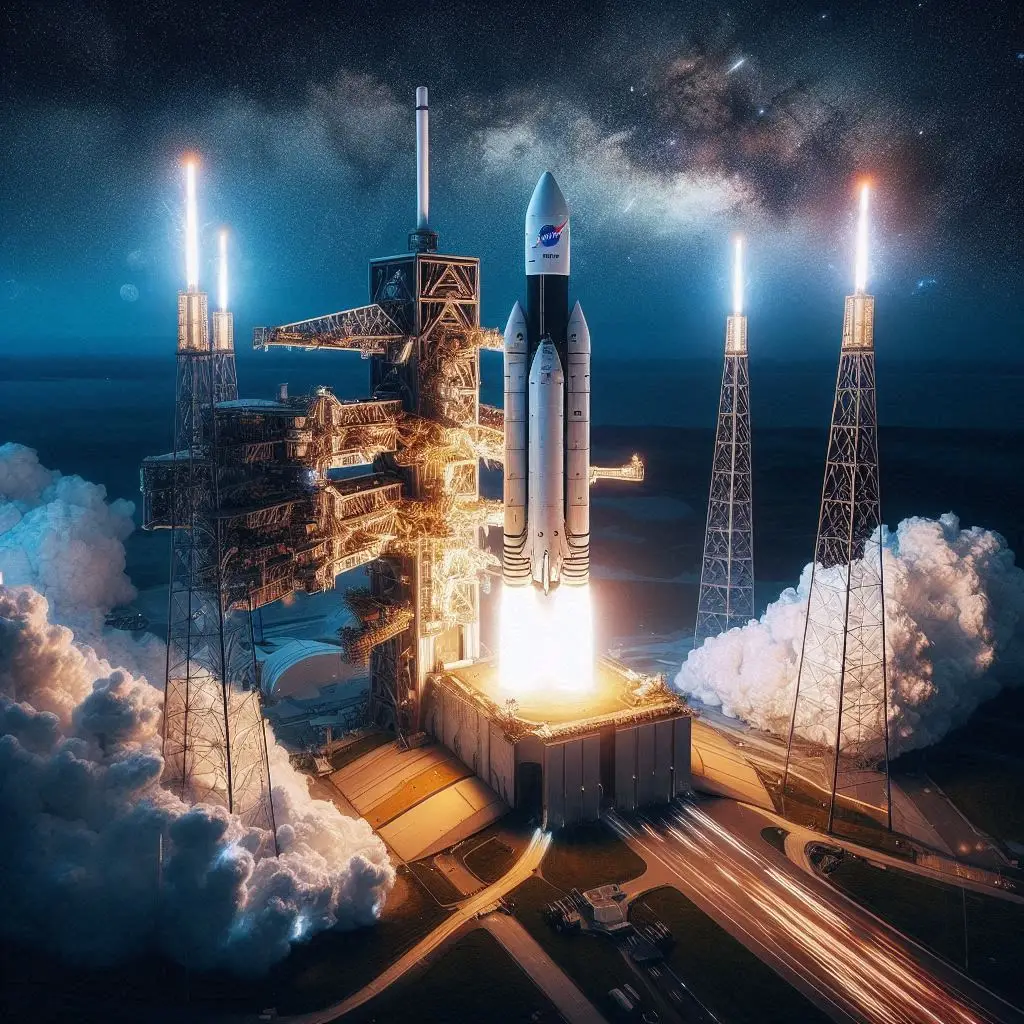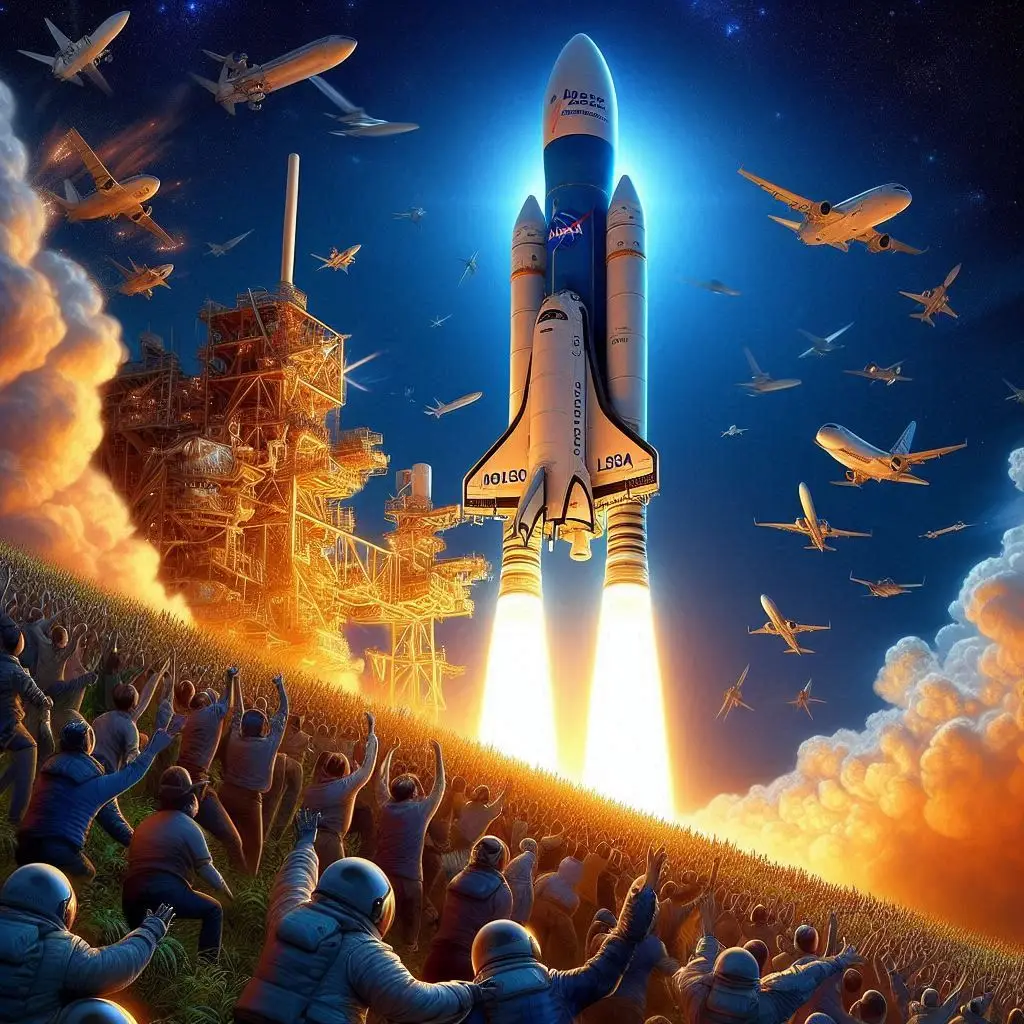NASA has recently awarded $1.4 million in grants to 15 teams dedicated to developing innovative technologies aimed at enhancing the open sharing of scientific information. This funding initiative, known as the High Priority Open-Source Science (HPOSS) awards, is part of NASA’s broader commitment to fostering open science practices across its Science Mission Directorate (SMD).
Advancing Open Science Through Innovation
The HPOSS awards are designed to support projects that make NASA’s scientific research more accessible, inclusive, and reproducible. These projects focus on creating open-source tools, software, frameworks, data formats, and libraries that have the potential to significantly impact the scientific community. Each HPOSS award provides approximately $100,000 in funding for a one-year period.
Chelle Gentemann, the program officer for HPOSS and open science program scientist for NASA’s Office of the Chief Science Data Officer (OCSDO), emphasized the importance of these efforts: Open science is crucial in improving the transparency, security, and reproducibility of scientific research. We are excited to be able to fund these opportunities to enable modern research through NASA’s support of open science.
Cross-Divisional Support for Open Science
This year, the HPOSS solicitation has expanded to include the development of capacity-building materials, such as curricula, tutorials, and other training resources. This expansion reflects the program’s dedication to fostering a culture of open science within the scientific community.
A Diverse Array of Awardees
The HPOSS awards for ROSES-2022 and ROSES-2023 have been granted to a wide range of projects, each addressing different aspects of open science. From tools that enhance the accessibility of scientific data to software that improves the reproducibility of research, these projects showcase the diversity and innovation within the scientific community.
ROSES-2022 Awardees:
Erin Buchanan, Harrisburg University of Science & Technology: Developing STAPLE: Science Tracking Across the Project Lifespan.
James Colliander, Code For Science And Society, INC.: Creating Ephemeral Interactive Computing for NASA Communities.
Gretchen Daily, Stanford University: Enhancing Metadata Tools for Transparent, Reproducible, and Accessible Geospatial Analysis.
Douglas Moore, 39 Alpha Research: Advancing Dorothy: Making Scientific Data Transparent, Accessible, and Reproducible.
Matthew Turk, University of Illinois, Urbana-Champaign: Synergistic Software Tooling for Geophysical and Astrophysical Analysis by Linking yt and Xarray.
Richard Townsend, University of Wisconsin: Catalyzing an Open-Source Ecosystem for the GYRE Stellar Oscillation Code.
Andrew Jiranek, Sciencecast Inc.: Promoting Equitable Scientific Publishing through Open-Science Digital Innovations.
Jami Montgomery, Georgetown University: Developing a Web-based Planetary Topography Toolkit.
ROSES-2023 Awardees:
Russell Turner, Oregon State University: Creating an Open Access 3-Dimensional Image and Data Library for Rat Bones from Space Shuttle Experiments.
Hans-Peter Marshall, Boise State University: Launching the SnowEx DB Open-Source Project for Standardized Data Access.
Leila DeFloriani, University of Maryland: Building an Open-Source Library for Processing Forest Point Clouds.
Michael Phillips, University of Arizona: Developing a Spectral Cube Analysis Tool for Analyzing Spectral Image Data.
Julie Barnum, University of Colorado, Boulder: Creating a Heliophysics Software Search Interface Portal.
Benjamin Keller, University of Memphis: Creating Portable and Reproducible Initial Conditions for Galaxy Simulations.
Ryan Curtin, NumFocus: Enhancing Usability and Discoverability of mlpack for Low-Resource Spaceflight Machine Learning.
The Future of Open Science
The HPOSS solicitation for ROSES-2024 is currently available on NASA's NSPIRES platform. Proposals are welcomed at any time, with no fixed deadline, and are evaluated by peer review panels throughout the year. This flexible approach ensures that the most promising projects receive support to advance open science practices.
As Gentemann noted, the proposals selected so far illustrate the broad impact of the HPOSS solicitation. They range from making specific research communities' data more accessible to developing open-source tools that will benefit multiple SMD divisions.
NASA’s continued investment in open science demonstrates its commitment to modernizing research practices and ensuring that scientific discoveries are transparent, secure, and reproducible. By funding these innovative projects, NASA is helping to build a more inclusive and accessible scientific community, paving the way for new discoveries and advancements in space and Earth science.









Add a Comment: